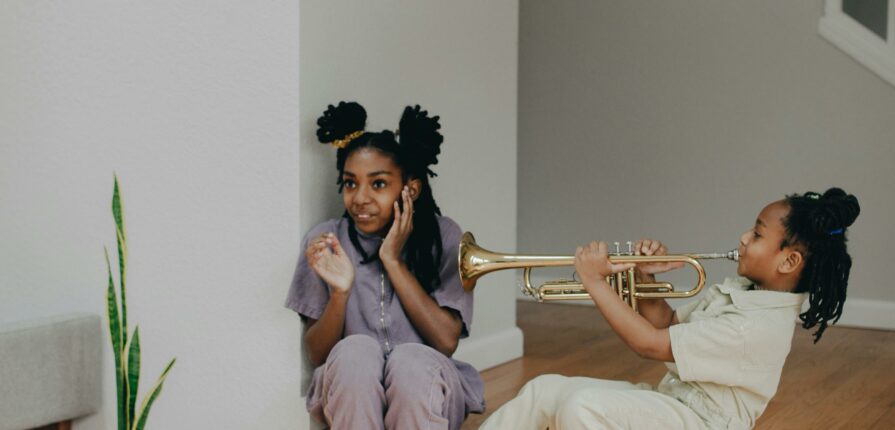Some students naturally grasp rhythm in music class, while others find it challenging to make sense of notes. Is having a knack for music something you’re born with, or can you learn it?
—
Tuesday, February 20th
Scientists are still figuring out how our ears work with music, but they’ve uncovered some interesting facts.
In scientific terms, having a “musical ear” is musical aptitude. A study by the University of Helsinki, Finland, examined the musical aptitude of 15 Finnish families, including professional and amateur musicians, and analyzed their DNA samples. The findings revealed that genetics accounted for 48 percent of participants’ musical aptitude variation.
Apart from genetics, a person’s environment significantly influences the development of musical ability. Research from Duke University’s Talent Identification Program suggests that factors such as self-motivation, family and mentor support, access to musical instruments and lessons, and consistent practice contribute to children’s emergence of musical prodigies.
Musical Challenges for the Hearing-Impaired
Wearing hearing aids presents challenges for enjoying music. The amplification of music compared to speech can result in distorted sound perception. Audiologist Marshall Chasin outlines six recommendations in The Hearing Journal to address this issue, including technical adjustments to hearing aid settings. Simple solutions like placing scotch tape over the microphones can also help improve music listening experiences. Audicus offers specialized hearing aids to enhance music appreciation for those with hearing impairment.
Regardless of genetic predisposition or hearing impairment, individuals should not be discouraged from pursuing music. Musical aptitude can be cultivated through passion and dedication, offering hope for those who may not have a natural inclination towards music or face hearing challenges.
This article is based on “An Ear for Music: Genetic or Acquired Skill?” published on audicus.com by Estie Neff.


